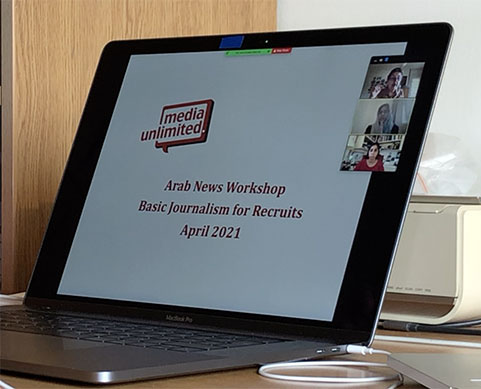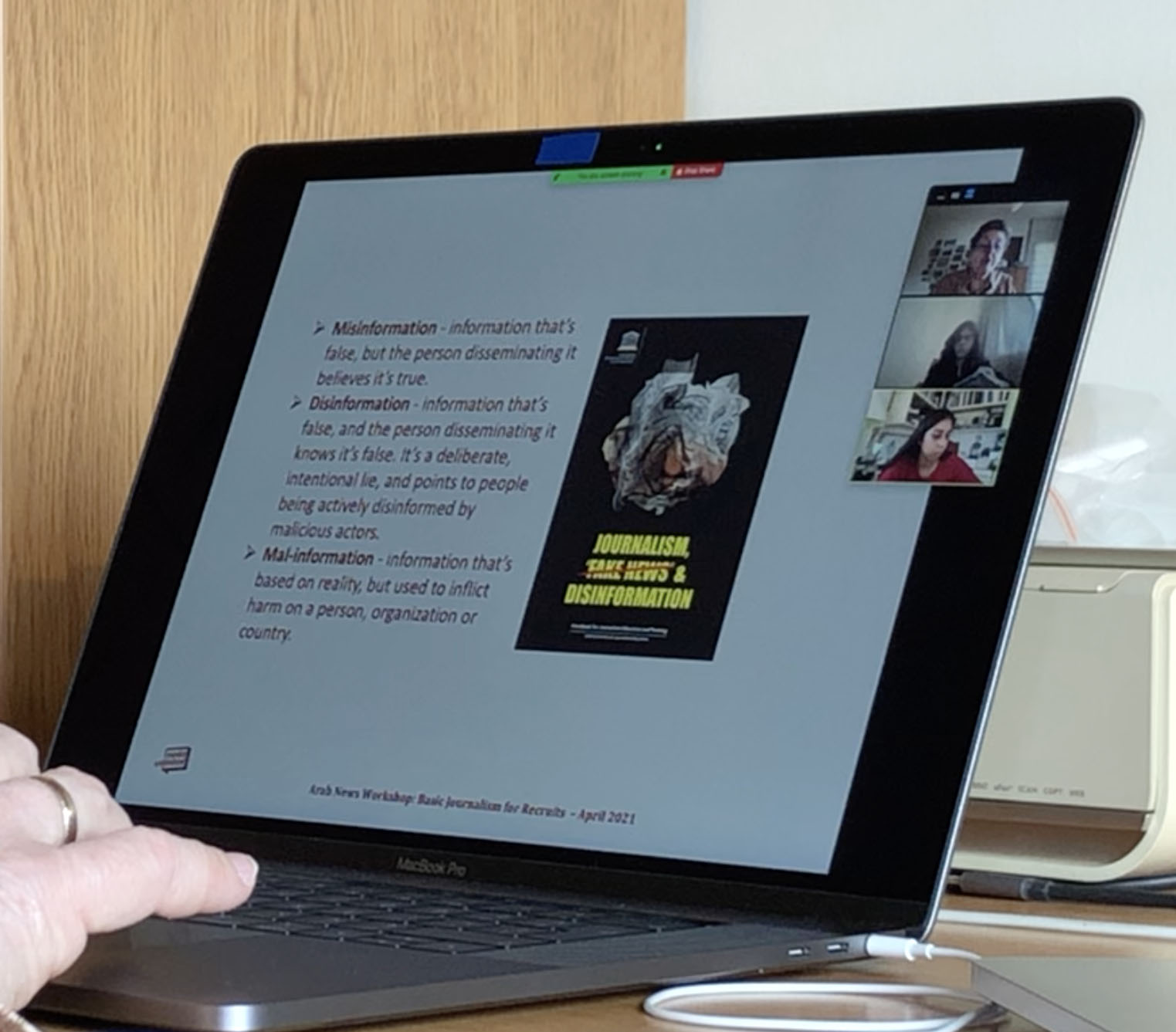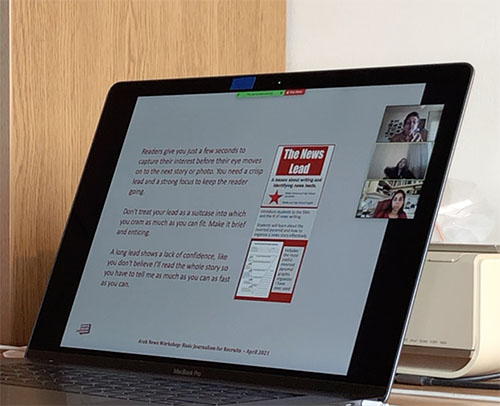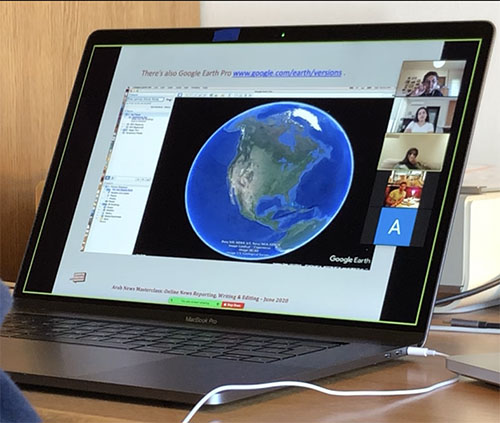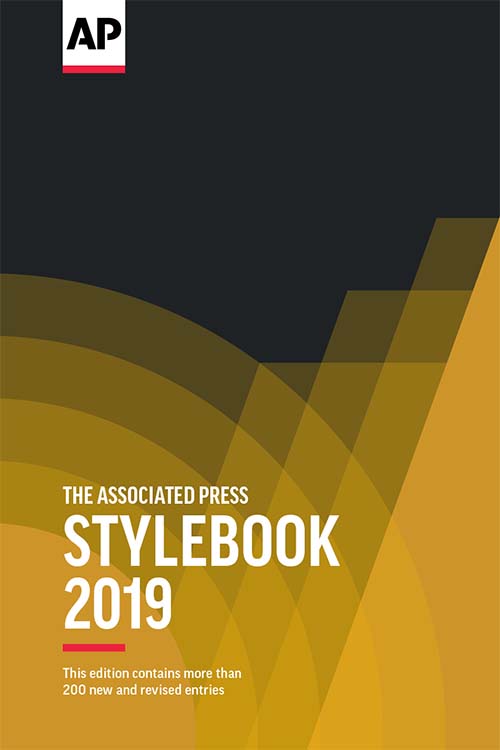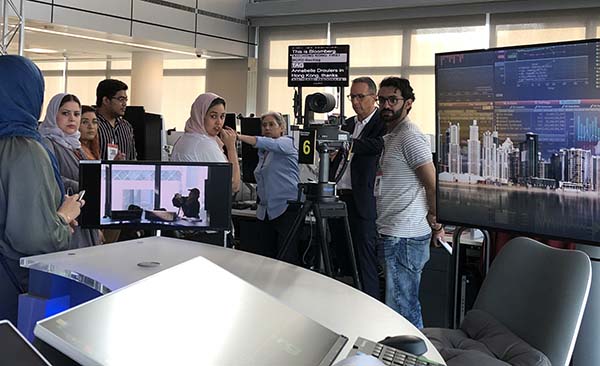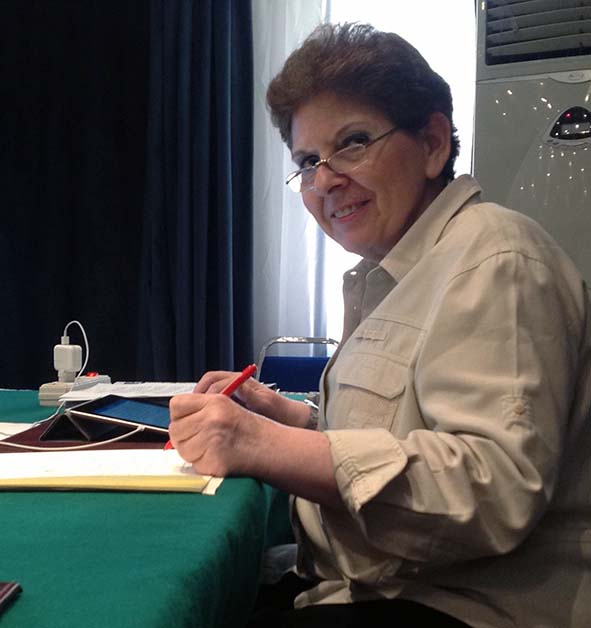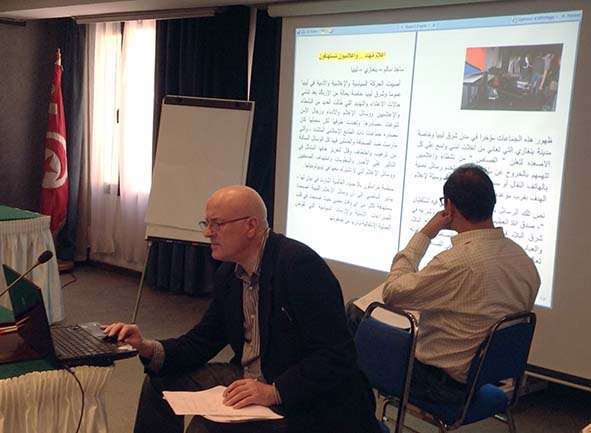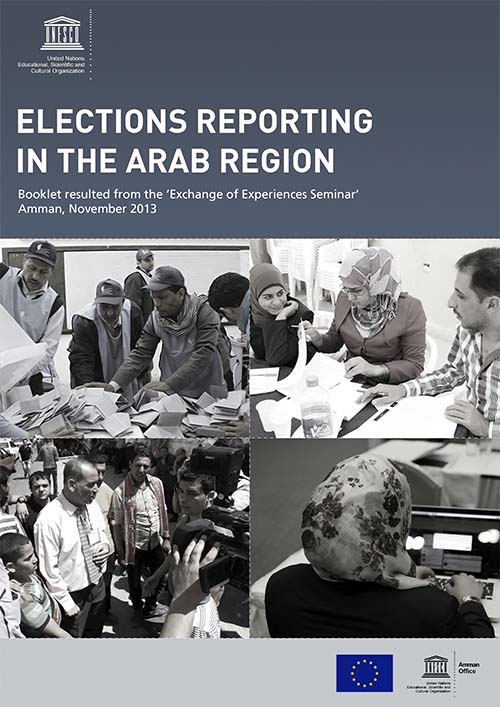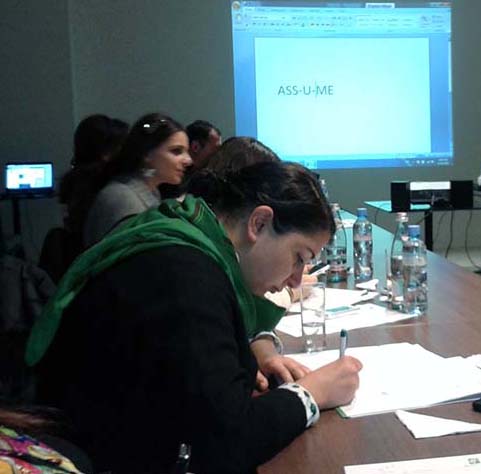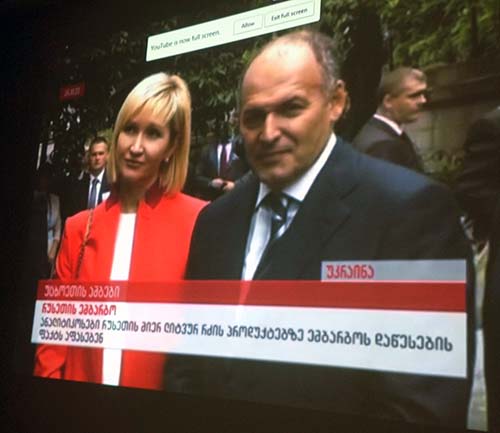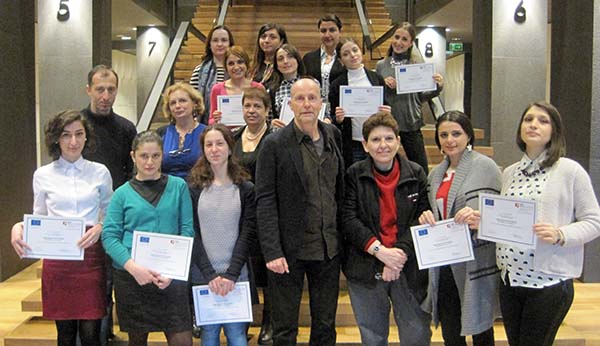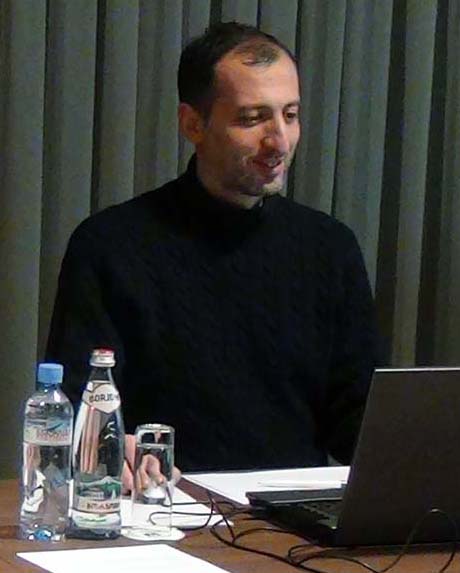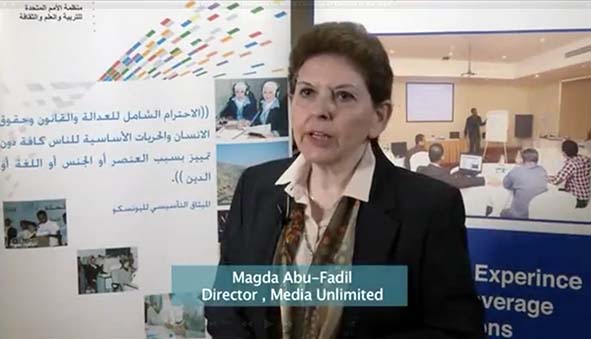Media Unlimited director Magda Abu-Fadil coached Lebanese journalists on the intricacies of covering their country’s legislative elections in May 2022 to ensure solid media coverage based on professional standards that transcend superficial political and sectarian rhetoric.
She conducted an intensive three-day workshop on the processes and mechanisms before, during and after the voting for members of Lebanon’s parliament who, in turn, will elect a new president in November 2022.

Lebanese journalists learning from the pros
The training in April 2022 grouped journalists from traditional print, broadcast, online and alternative media. It equipped participants with news gathering, reporting, fact-checking and interviewing skills.
Topics included the media’s role as elections observers, political parties, generating story ideas, opinion polls, covering women as candidates and incumbents, sources, risk mitigation, election finances, and media ethics.

Magda Abu-Fadil coaches journalists on coverage of Lebanon’s legislative elections in May 2022
The workshop also provided a gender balance component with attention to gender sensitive reporting and sexual harassment. It focused on freedom of expression and safety of journalists, notably challenges to women reporters facing threats, intimidation and editorial interference.

Hands-on training during working lunches
Abu-Fadil turned working lunches into hands-on exercises in a newsroom-like environment.
Three guest speakers added their expertise to the mix. Jean Nakhoul, executive producer at the MTV Lebanon channel and an elections analyst, discussed the voting system, election rules and Lebanon’s electoral law.

Jean Nakhoul dissects the electoral law and voting process
Zeina Khodor, a veteran correspondent at Aljazeera English TV channel, spoke of her experience in covering elections in Lebanon, Iran and Afghanistan.

Zeina Khodor shares her experience in covering elections over the years
Dyana El Baba, senior projects coordinator at the Lebanese Association for Democratic Elections (LADE), discussed her organization’s role in monitoring elections.

Dyana El Baba explains monitoring elections and reporting irregularities
Dalal Saoud, the Arab region’s director of the Women in News (WIN) program, a branch of the World Association of Newspapers and News Publishers (WAN-IFRA), organized the workshop.

Dalal Saoud describes WIN’s role to Lebanese trainees
The Swedish International Development Cooperation Agency (SIDA) supported the training.

